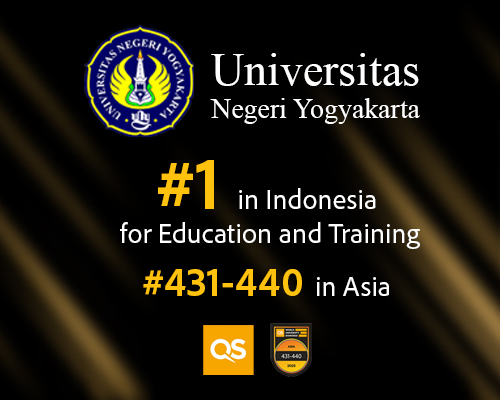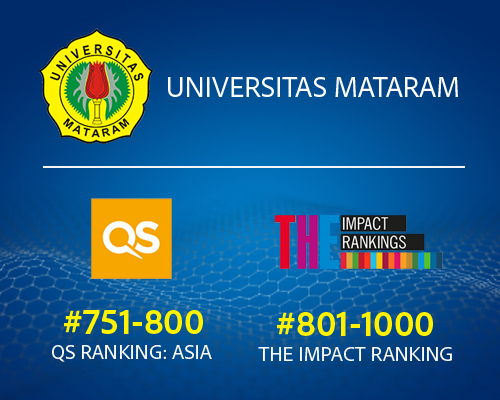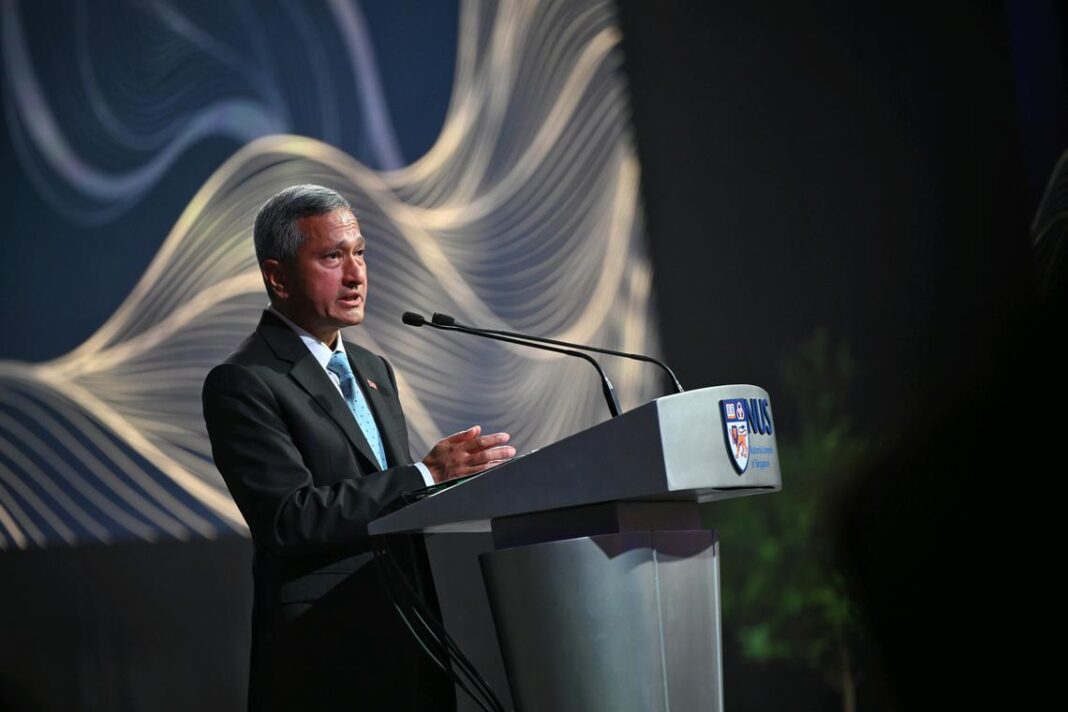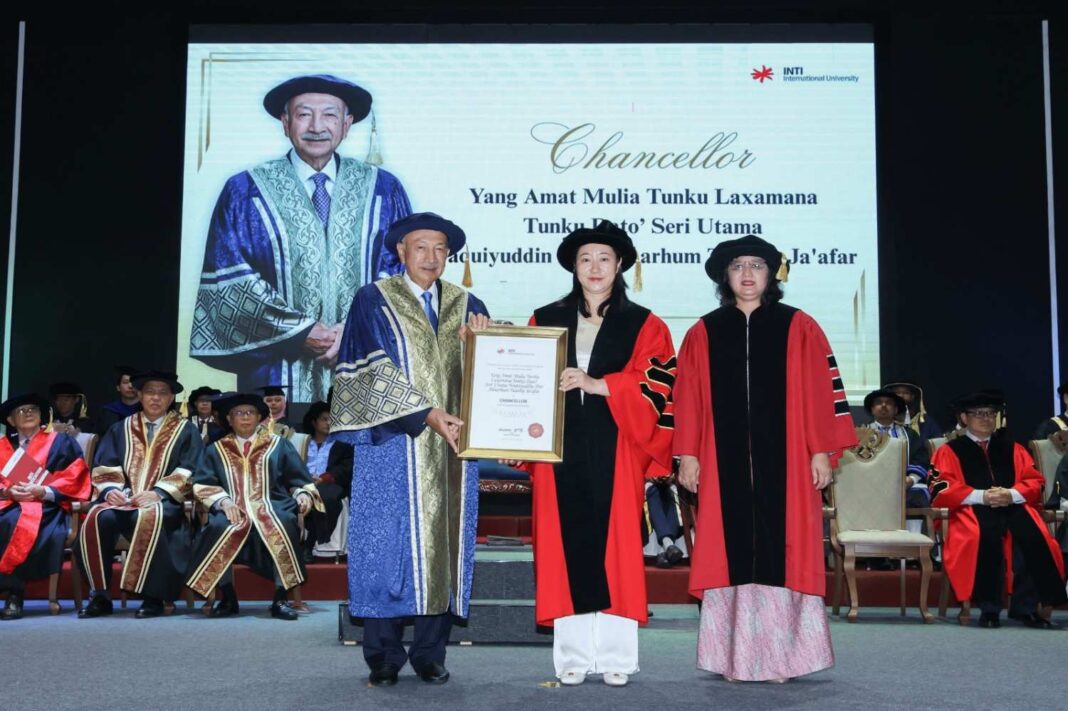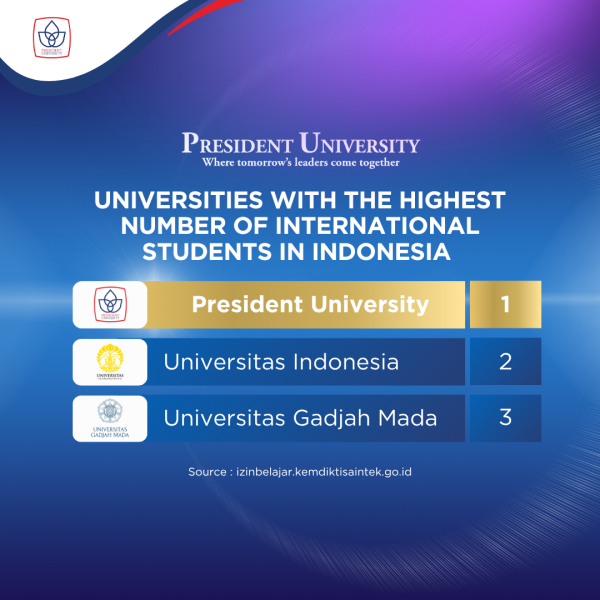Singapore’s Foreign Minister Vivian Balakrishnan said universities like the National University of Singapore must remain open to global talent and ideas despite rising geopolitical tensions. He spoke at the official launch of NUS’ 120th anniversary celebrations at Marina Bay Sands on July 3, 2025.
NUS Must Be Open Sanctuary for Global Talent Amid Geopolitical Tensions, Says Vivian Balakrishnan
Key Details
Dr Balakrishnan, an NUS Medicine alumnus and former NUS Students’ Union president, said Singapore and NUS need to work with people regardless of their origins to create a “sanctuary for global talent” during increasingly volatile times marked by superpower rivalries and technological disruption.
The Foreign Minister used three metaphors to describe NUS’ roles: a cradle for national development, a “citadel with open gates” that remains fortress-like while welcoming talent, and a launch pad for technological advancement to prevent Singapore and Asia from falling behind.
Close to 1,900 alumni, industry leaders and community members attended the July 3 event, including Emeritus Senior Minister Goh Chok Tong and Senior Minister of State Koh Poh Koon. NUS has grown from a small medical school with 23 students in 1905 to Singapore’s flagship university with nearly 390,000 alumni.
- NUS admits over 7,000 undergraduates yearly across 15 colleges and faculties
- University received $233 million in philanthropic gifts last financial year
- Enhanced Financial Aid Scheme benefits around 3,000 undergraduates annually
- Medical school has graduated over 12,000 doctors and 3,000 nurses
- $26 million specifically allocated for students from low-income families
Quotes & Reactions
“NUS needs to have open gates, and we need to have our fair share of access to talent and ideas, while still remembering that this is a citadel based in Singapore, to protect Singapore,” Dr Balakrishnan said.
NUS President Tan Eng Chye said celebrating 120 years alongside Singapore’s 60 years of independence brings “a sense of symmetry.” He noted that “our journey as the nation’s oldest and first institution of higher learning has been interwoven into our nation building.”
Professor Tan emphasized that NUS must develop “curiosity, character and critical thought” while producing graduates who will “uplift and transform society.” He called education “an intrinsic part of Singapore’s social compact.”
Professor Chong Yap Seng, dean of the Yong Loo Lin School of Medicine, warned that global health faces mounting threats. “A whole-of-society, whole-of-planet approach is required more than ever,” he said, noting that “at NUS, what we do is critical – not just for Singapore, but for the world, and for our future.”
Background & Context
Dr Balakrishnan said the tumultuous global environment will impact academia and science through rising inflation, increased vulnerability of smaller countries, and slowing progress. He noted that geopolitical tensions have been accelerated by technological advancements.
From its origins in 1905, NUS has served as “an integral cradle for the development of national consciousness, national identity, national unity, independence and awakening,” according to the Foreign Minister.
Professor Chong highlighted how health challenges have become more complex in the last decade due to extreme weather events, technology and artificial intelligence developments, and social media misinformation. Despite medical advances, he said prospects for a healthy future face threats from declining fertility, aging populations, and attacks on science.
Notable NUS alumni include the late Dr Benjamin Sheares, Singapore’s second president, and Dr Margaret Chan, former World Health Organisation director-general.
What’s Next
NUS is marking several milestone anniversaries in 2025, including the 120th anniversary of the Yong Loo Lin School of Medicine, the 70th anniversary of NUS Engineering, and the 20th anniversaries of Duke-NUS Medical School and NUS High School.
Professor Tan acknowledged that universities continue facing challenges from technological disruption, geopolitical shifts, and questions about higher education’s value and purpose. The university remains committed to its role as a launch pad for new technological developments and scientific applications.


